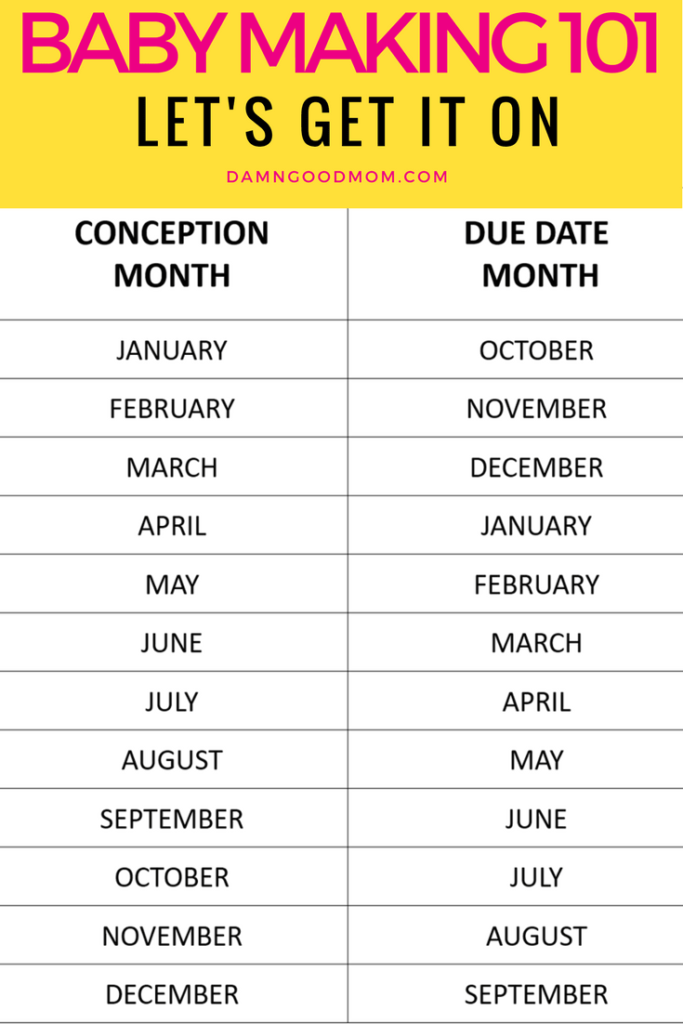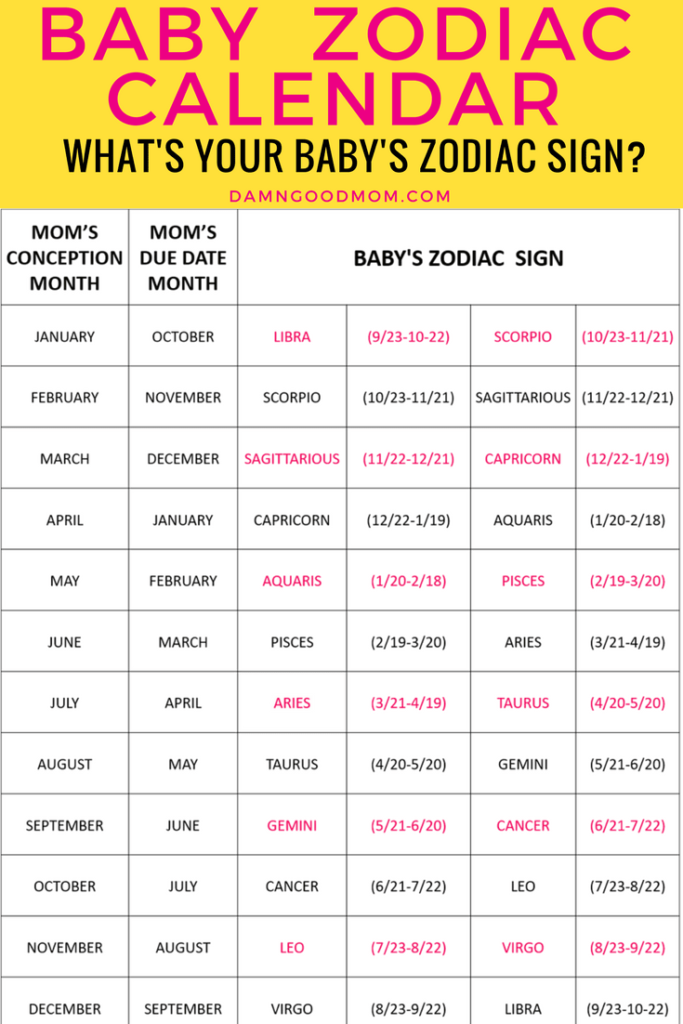

View More: What Are the Consequences of Ectopic Pregnancy Women are more likely to remember the start of their last period than their ovulation period. This process ignores the duration of your menstrual cycle or when you believe you may have conceived. It reveals why pregnancies are reported to last 40 weeks rather than 38 weeks. If your menstrual cycle is the normal length (28 days), it began around two weeks before you conceived. That's how the majority of healthcare experts go about it. So, how can one estimate a due date without knowing the day of conception?Ĭounting 40 weeks from the first day of your last menstrual cycle is the most frequent method for determining your pregnancy due date (LMP). That's when you find out you're expecting. So, up to five days after having sex, you release an egg (ovulate) fertilized by awaiting sperm.

Sperm can live for up to five days within your fallopian tubes. Even if you just had intimacy once throughout your fertile period, you wouldn't conceive on that day unless you were ovulating.

Only a small minority of pregnant women are certain of their actual conception date. If you know the day you conceived, you can calculate your due date by counting 38 weeks from that day. This device can only give you a rough estimate of when the baby will arrive. Only approximately 4% of babies are born on their due date, so this is simply an estimate. If you deliver on time, your kid will be 38 weeks old, not 40 weeks old. Using a pregnancy ovulation calculator to determine the exact ovulation cycle is useful. The first two weeks of pregnancy are defined as your menstrual cycle and ovulation. To the first day of your previous menstrual period, add 280 days (40 weeks) How Does The Pregnancy Due Date Calculator Work? The remaining will be taken care of by the pregnancy calculator. Add the date of your last menstrual cycle or the date of conception into this calculator. The day your baby will come is estimated using a pregnancy calculator. You may now be thinking about when your child will arrive.

Just be aware, however, that not all women get an early ultrasound. Even if you can’t pinpoint when you conceived, forget the day of your last menstrual period or aren’t sure when ovulation occurred, other clues can help you and your practitioner determine your due date at your first prenatal appointment, including:Īn early ultrasound, which can more accurately date the pregnancy.


 0 kommentar(er)
0 kommentar(er)
